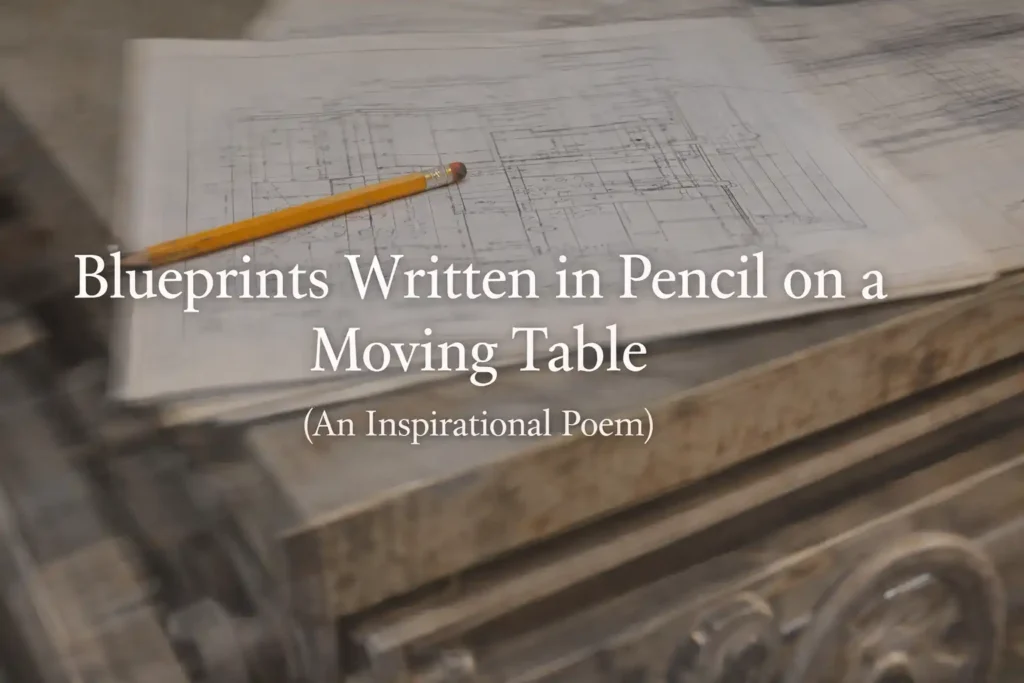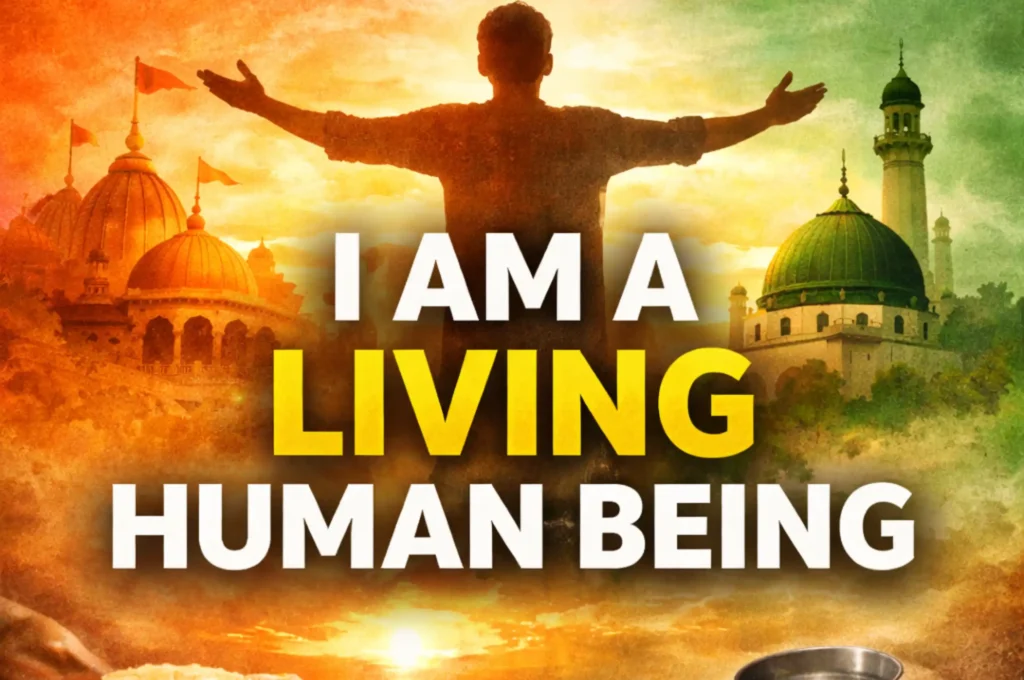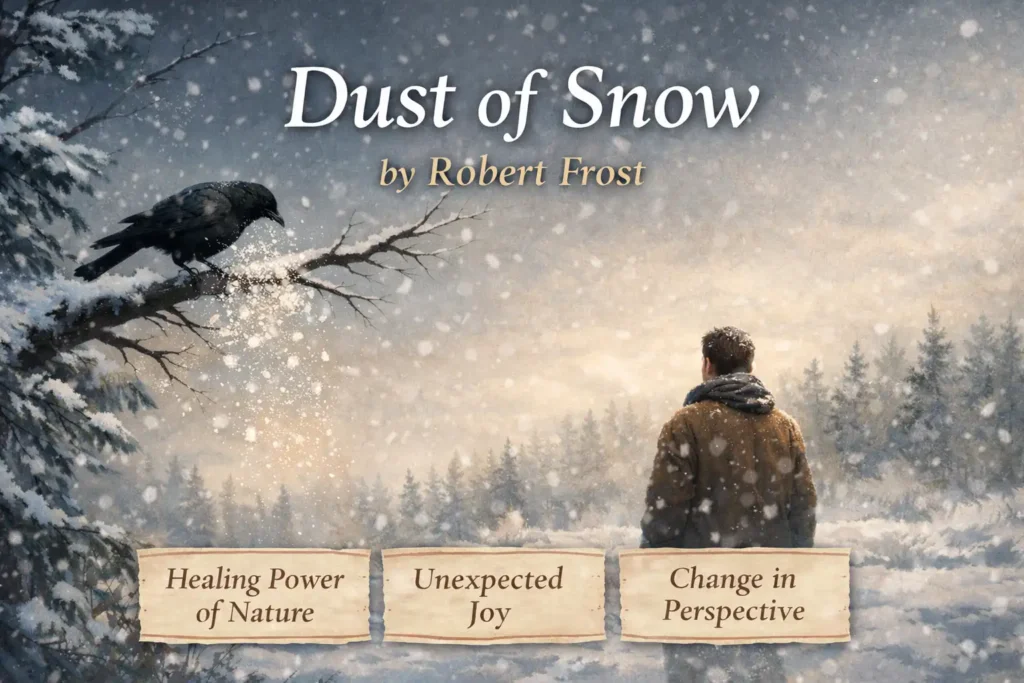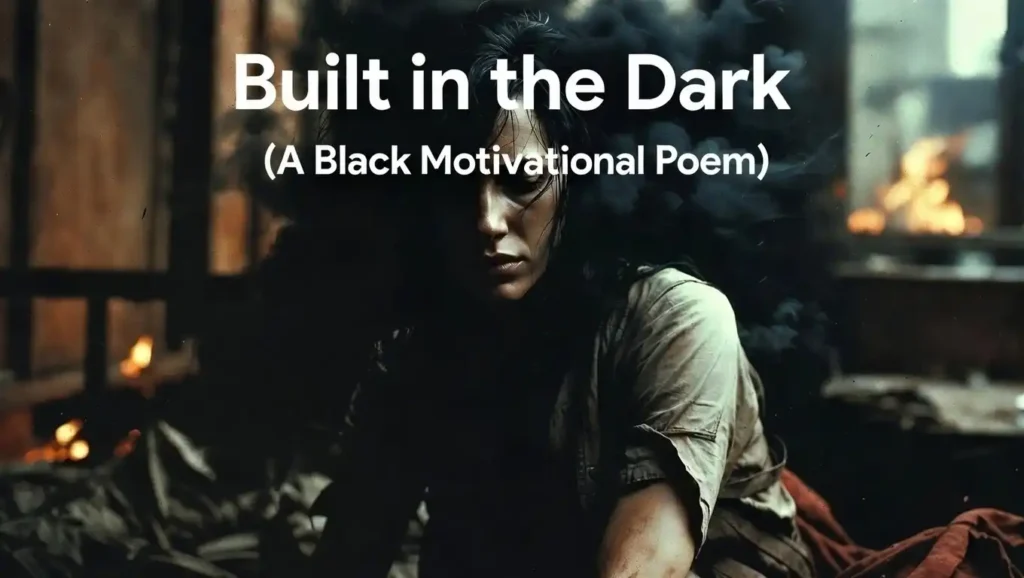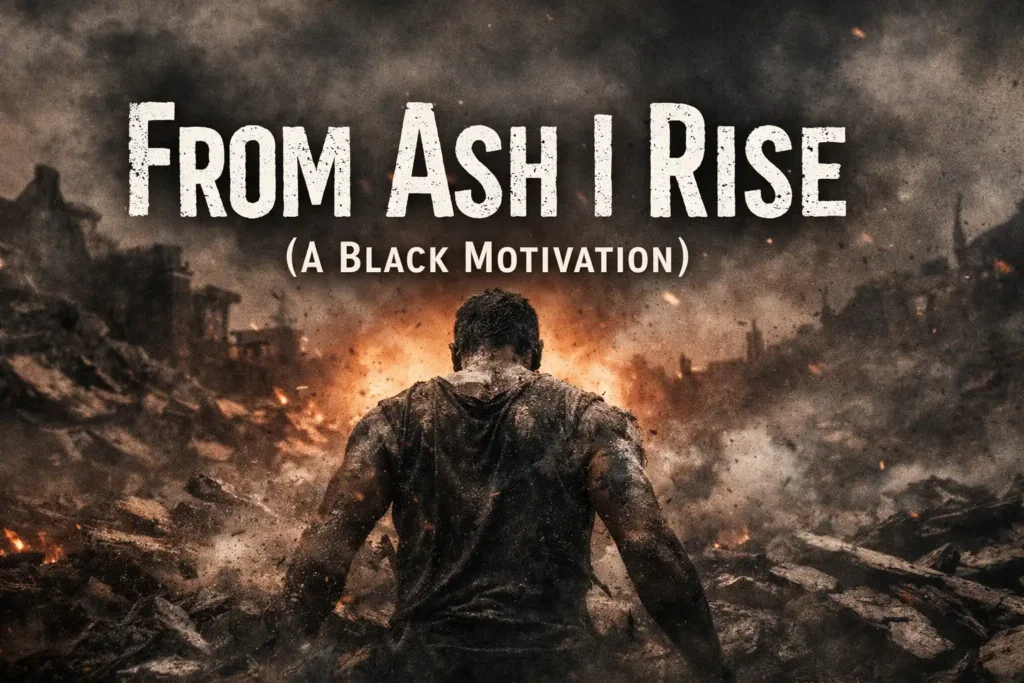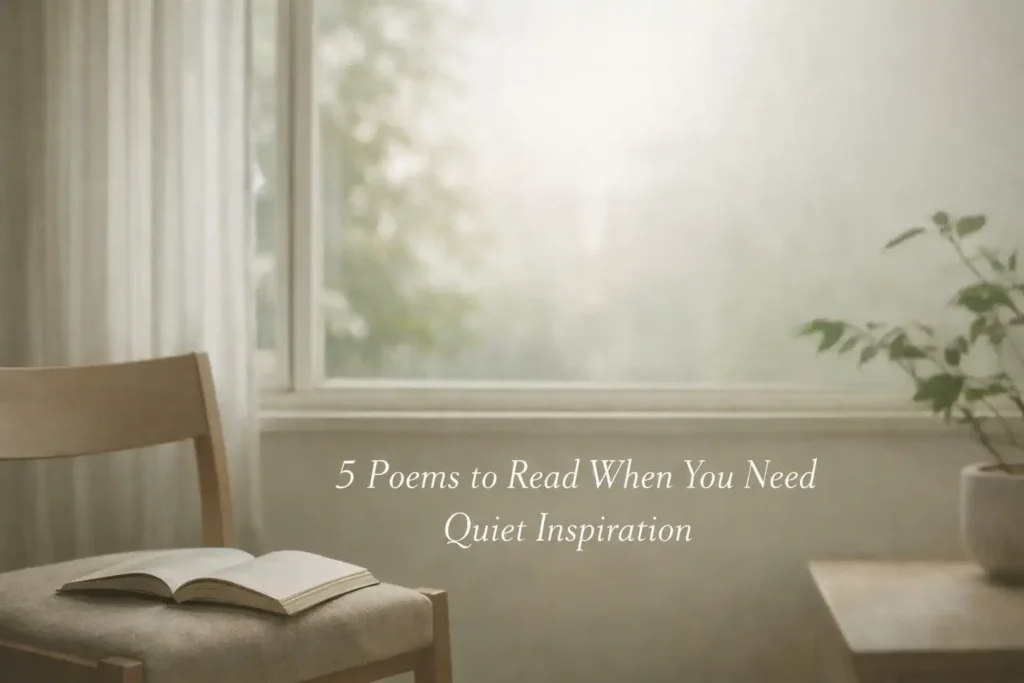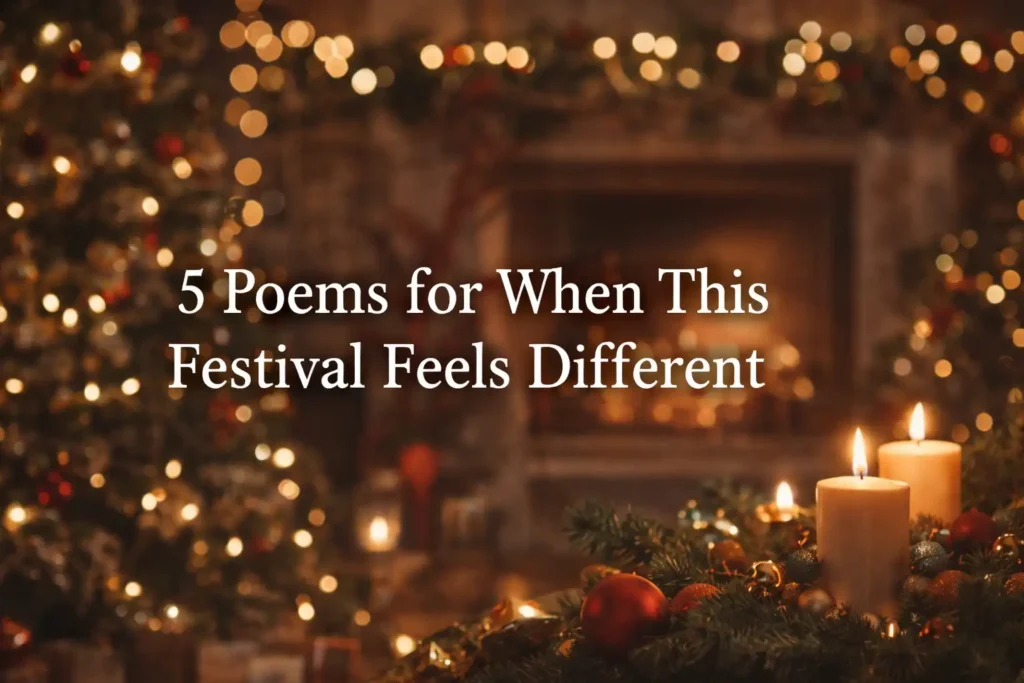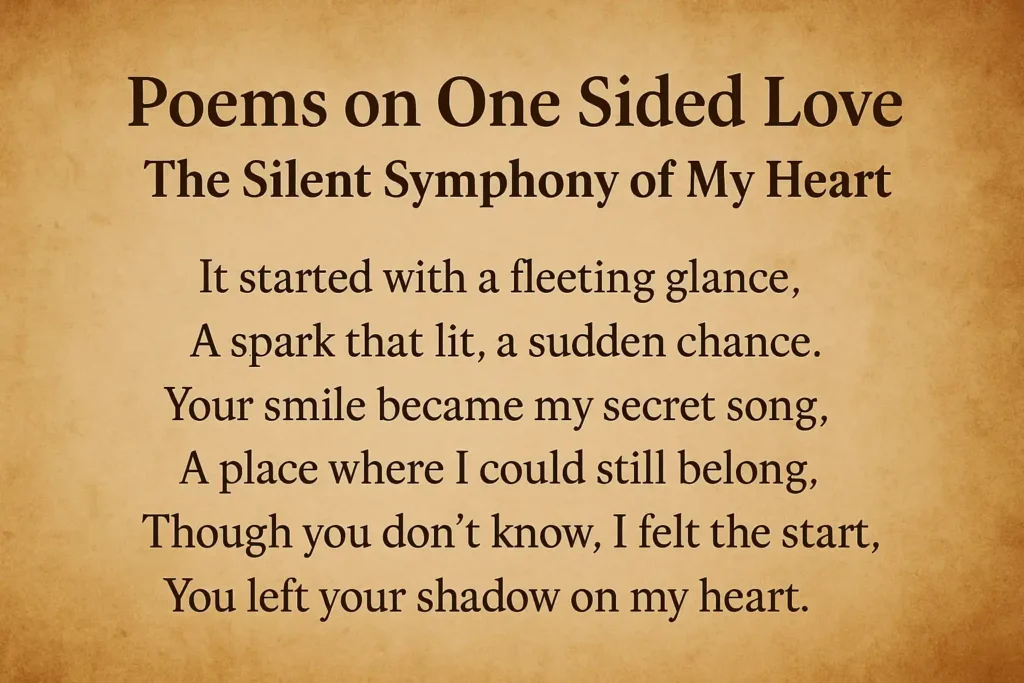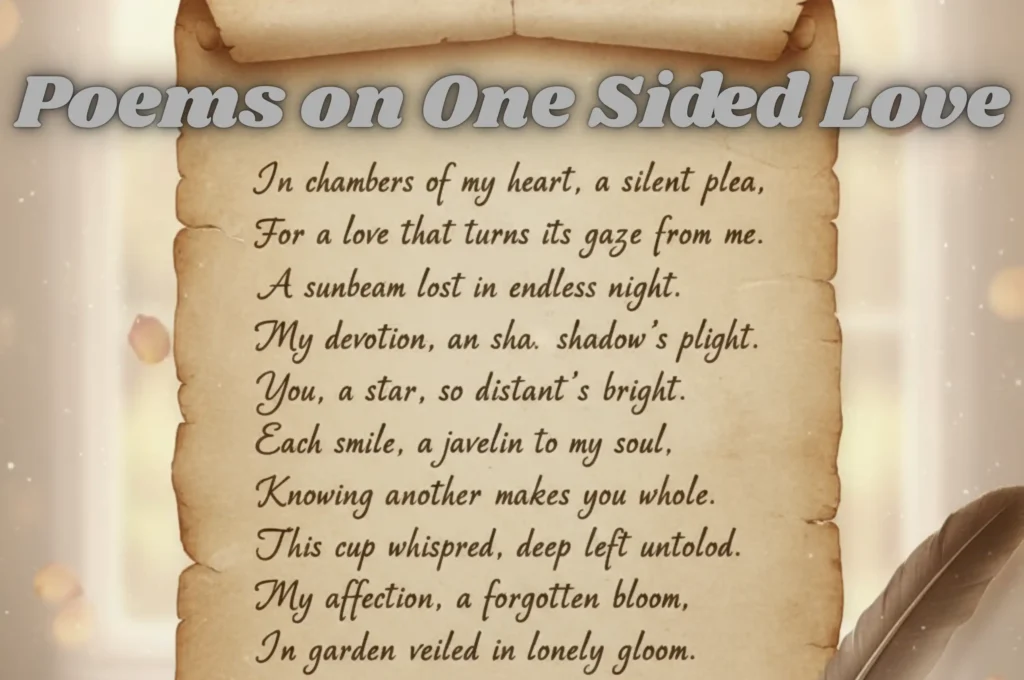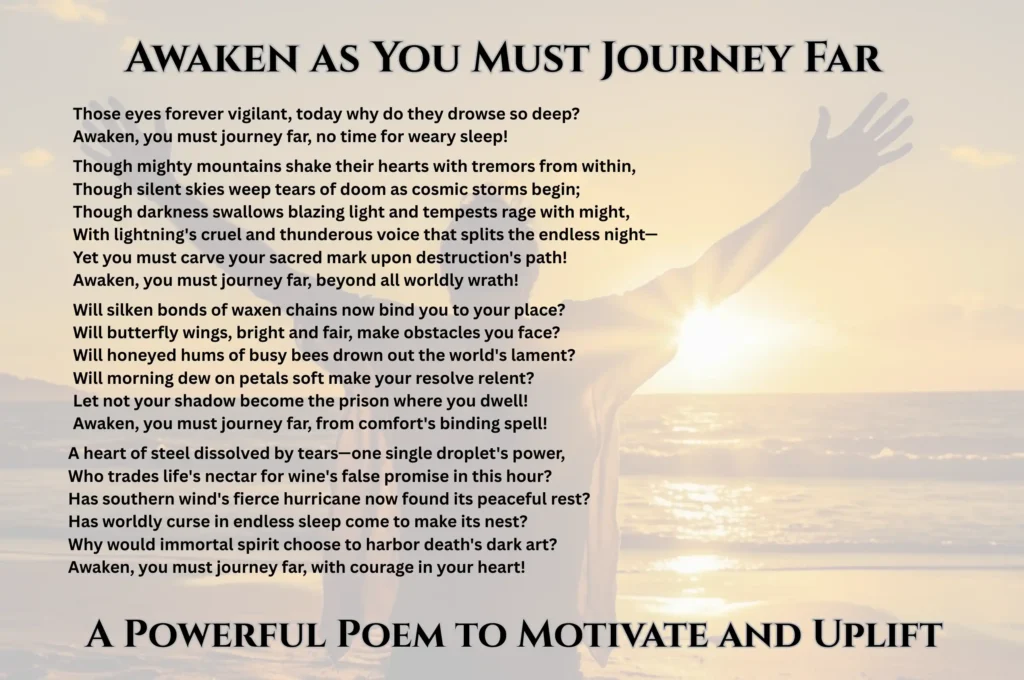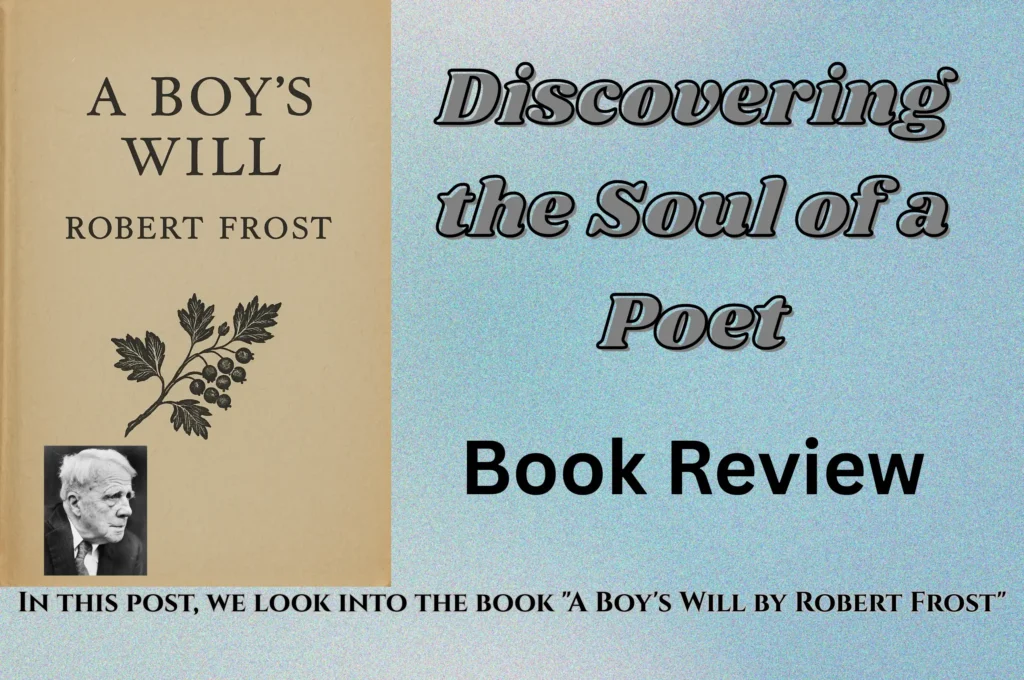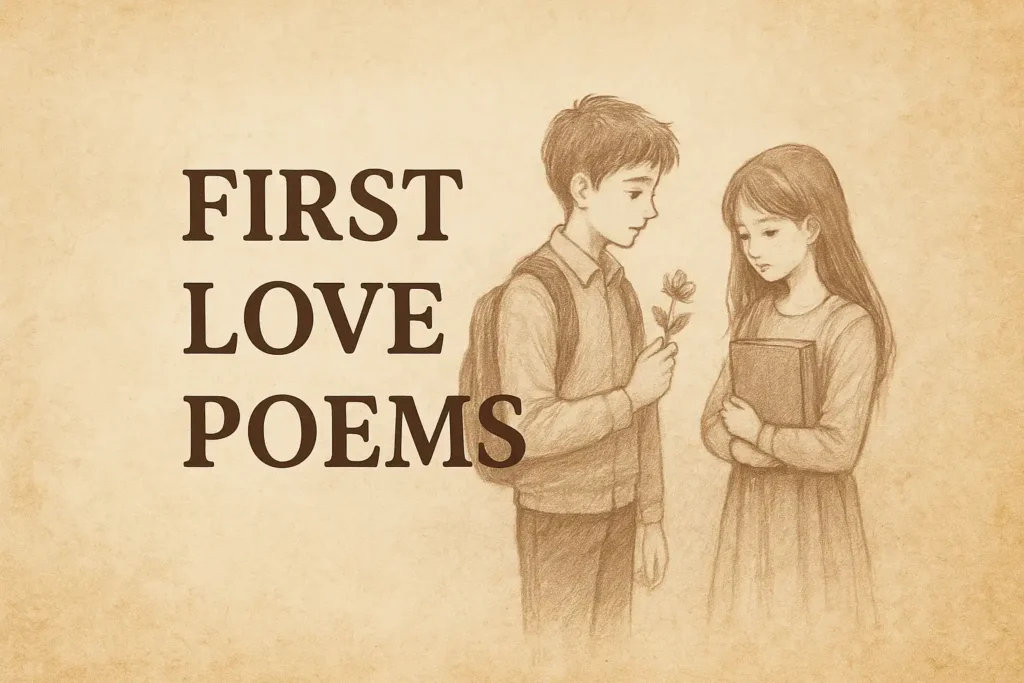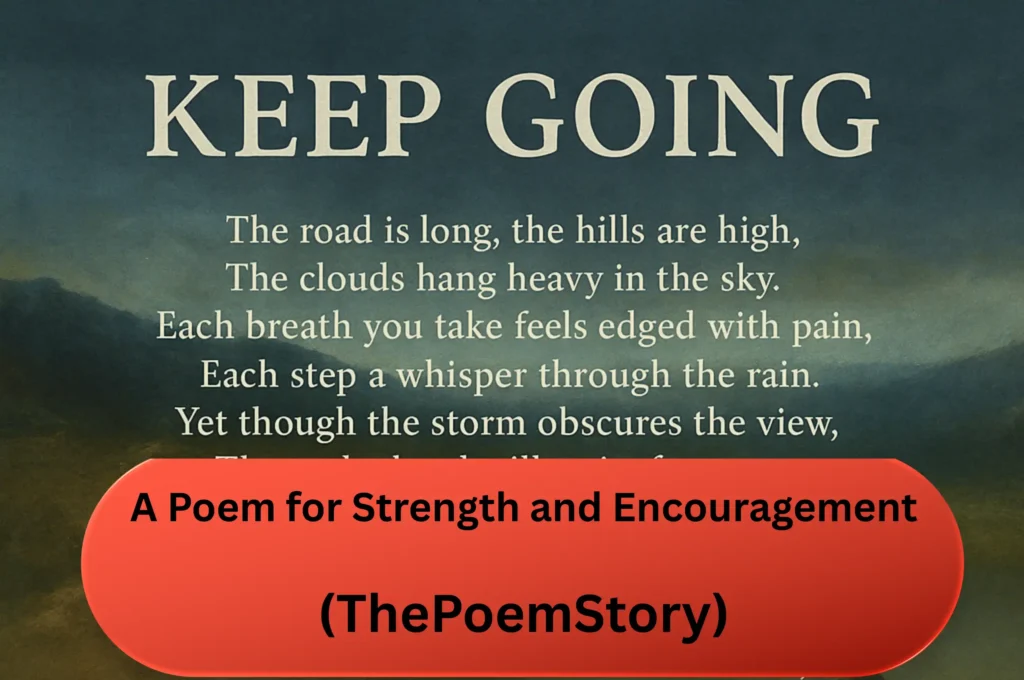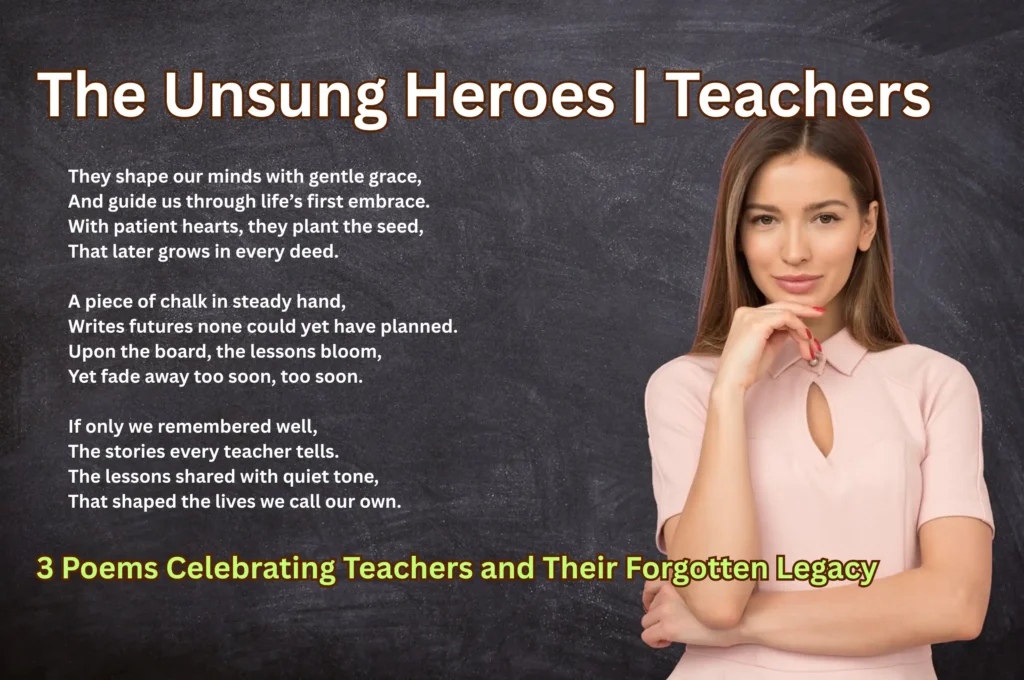In The Divine Comedy – Inferno: Canto 1, Dante awakens lost in a dark forest, marking the start of his journey through Hell. Guided by Virgil, he begins the path toward spiritual awakening.
Canto 1 of Inferno opens not in Hell itself, but in a place far more familiar—confusion, fear, and spiritual uncertainty. Dante, the poet and protagonist, finds himself lost in a dark and tangled forest, having strayed from the “straight path.” This moment marks the beginning of one of literature’s most iconic journeys—a descent through Hell, guided by the Roman poet Virgil, in search of redemption and divine truth.
Rich in symbolism and allegory, this canto introduces the central themes of The Divine Comedy: the struggle between sin and salvation, the importance of guidance, and the soul’s yearning for light amidst darkness. As Dante attempts to ascend a sunlit hill, he is blocked by three beasts representing the sins that hinder spiritual progress. It is here, in the heart of despair, that hope first appears in the form of Virgil—who will lead him through the depths of Hell and beyond.
Also Read: Poets and Poetry – Selected timeless classics | Biograph of Poet Dante Alighieri | Dante Alighieri Quotes | Poems by Dante Alighieri
Must Read: Why should you read “The Divine Comedy”?
The Divine Comedy – Inferno: Canto 1

The Divine Comedy – Inferno: Canto 1
In the midway of this our mortal life,
~ The Divine Comedy – Inferno: Canto 1 (Dante Alighieri)
I found me in a gloomy wood, astray
Gone from the path direct: and e’en to tell
It were no easy task, how savage wild
That forest, how robust and rough its growth,
Which to remember only, my dismay
Renews, in bitterness not far from death.
Yet to discourse of what there good befell,
All else will I relate discover’d there.
How first I enter’d it I scarce can say,
Such sleepy dullness in that instant weigh’d
My senses down, when the true path I left,
But when a mountain’s foot I reach’d, where clos’d
The valley, that had pierc’d my heart with dread,
I look’d aloft, and saw his shoulders broad
Already vested with that planet’s beam,
Who leads all wanderers safe through every way.
Then was a little respite to the fear,
That in my heart’s recesses deep had lain,
All of that night, so pitifully pass’d:
And as a man, with difficult short breath,
Forespent with toiling, ’scap’d from sea to shore,
Turns to the perilous wide waste, and stands
At gaze; e’en so my spirit, that yet fail’d
Struggling with terror, turn’d to view the straits,
That none hath pass’d and liv’d. My weary frame
After short pause recomforted, again
I journey’d on over that lonely steep,
The hinder foot still firmer. Scarce the ascent
Began, when, lo! a panther, nimble, light,
And cover’d with a speckled skin, appear’d,
Nor, when it saw me, vanish’d, rather strove
To check my onward going; that ofttimes
With purpose to retrace my steps I turn’d.
The hour was morning’s prime, and on his way
Aloft the sun ascended with those stars,
That with him rose, when Love divine first mov’d
Those its fair works: so that with joyous hope
All things conspir’d to fill me, the gay skin
Of that swift animal, the matin dawn
And the sweet season. Soon that joy was chas’d,
And by new dread succeeded, when in view
A lion came, ’gainst me, as it appear’d,
With his head held aloft and hunger-mad,
That e’en the air was fear-struck. A she-wolf
Was at his heels, who in her leanness seem’d
Full of all wants, and many a land hath made
Disconsolate ere now. She with such fear
O’erwhelmed me, at the sight of her appall’d,
That of the height all hope I lost. As one,
Who with his gain elated, sees the time
When all unwares is gone, he inwardly
Mourns with heart-griping anguish; such was I,
Haunted by that fell beast, never at peace,
Who coming o’er against me, by degrees
Impell’d me where the sun in silence rests.
While to the lower space with backward step
I fell, my ken discern’d the form one of one,
Whose voice seem’d faint through long disuse of speech.
When him in that great desert I espied,
“Have mercy on me!” cried I out aloud,
“Spirit! or living man! what e’er thou be!”
He answer’d: “Now not man, man once I was,
And born of Lombard parents, Mantuana both
By country, when the power of Julius yet
Was scarcely firm. At Rome my life was past
Beneath the mild Augustus, in the time
Of fabled deities and false. A bard
Was I, and made Anchises’ upright son
The subject of my song, who came from Troy,
When the flames prey’d on Ilium’s haughty towers.
But thou, say wherefore to such perils past
Return’st thou? wherefore not this pleasant mount
Ascendest, cause and source of all delight?”
“And art thou then that Virgil, that well-spring,
From which such copious floods of eloquence
Have issued?” I with front abash’d replied.
“Glory and light of all the tuneful train!
May it avail me that I long with zeal
Have sought thy volume, and with love immense
Have conn’d it o’er. My master thou and guide!
Thou he from whom alone I have deriv’d
That style, which for its beauty into fame
Exalts me. See the beast, from whom I fled.
O save me from her, thou illustrious sage!
“For every vein and pulse throughout my frame
She hath made tremble.” He, soon as he saw
That I was weeping, answer’d, “Thou must needs
Another way pursue, if thou wouldst ’scape
From out that savage wilderness. This beast,
At whom thou criest, her way will suffer none
To pass, and no less hindrance makes than death:
So bad and so accursed in her kind,
That never sated is her ravenous will,
Still after food more craving than before.
To many an animal in wedlock vile
She fastens, and shall yet to many more,
Until that greyhound come, who shall destroy
Her with sharp pain. He will not life support
By earth nor its base metals, but by love,
Wisdom, and virtue, and his land shall be
The land ’twixt either Feltro. In his might
Shall safety to Italia’s plains arise,
For whose fair realm, Camilla, virgin pure,
Nisus, Euryalus, and Turnus fell.
He with incessant chase through every town
Shall worry, until he to hell at length
Restore her, thence by envy first let loose.
I for thy profit pond’ring now devise,
That thou mayst follow me, and I thy guide
Will lead thee hence through an eternal space,
Where thou shalt hear despairing shrieks, and see
Spirits of old tormented, who invoke
A second death; and those next view, who dwell
Content in fire, for that they hope to come,
Whene’er the time may be, among the blest,
Into whose regions if thou then desire
T’ ascend, a spirit worthier than I
Must lead thee, in whose charge, when I depart,
Thou shalt be left: for that Almighty King,
Who reigns above, a rebel to his law,
Adjudges me, and therefore hath decreed,
That to his city none through me should come.
He in all parts hath sway; there rules, there holds
His citadel and throne. O happy those,
Whom there he chooses!” I to him in few:
“Bard! by that God, whom thou didst not adore,
I do beseech thee (that this ill and worse
I may escape) to lead me, where thou saidst,
That I Saint Peter’s gate may view, and those
Who as thou tell’st, are in such dismal plight.”
Onward he mov’d, I close his steps pursu’d.
Quoted from the public domain translation of Dante’s Inferno, available on Project Gutenberg.
The Divine Comedy – Inferno: Canto 1 Analysis and Interpretation
Analysis and Interpretation of Inferno: Canto 1 Stanza: 1
In the midway of this our mortal life,
I found me in a gloomy wood, astray
Gone from the path direct…
📝 Summary & Interpretation:
This iconic opening line begins with “midway of this our mortal life”, suggesting Dante is around 35 years old (the midpoint of a 70-year life, biblically speaking). It immediately grounds the narrative in a deeply personal, human moment—Dante isn’t just writing poetry, he’s writing about a crisis of the soul.
He finds himself lost in a dark forest—a metaphor for confusion, sin, or spiritual desolation. This isn’t just any forest—it’s “savage,” “wild,” “rough,” and so frightening to recall, it nearly feels like death. That sets the tone: this is not a gentle allegory. This is a man confronting terror and hopelessness.
But there’s a turning point: as Dante stumbles forward, he reaches the foot of a mountain, and sees light—the rays of the sun shining from above. That light is symbolic: hope, salvation, divine guidance.
The mention of the sun as “that planet’s beam who leads all wanderers safe through every way” references the Sun as a symbol of divine truth and reason. It is a hint that although he’s deeply lost, the path to salvation still exists—and it begins with climbing this symbolic mountain.
🌱 Themes Introduced:
- Midlife crisis / existential turning point
- Spiritual confusion and darkness
- Hope and redemption
- Light as divine guidance
- The beginning of a moral journey toward enlightenment
📚 Tone & Style: Dante’s language is solemn and reflective. There’s awe and dread, but also a deep inner urgency. He’s not just wandering—he’s searching.
Analysis and Interpretation of Inferno: Canto 1 Stanza: 2
Then was a little respite to the fear,
That in my heart’s recesses deep had lain,
All of that night, so pitifully pass’d…
📝 Summary & Meaning:
After the initial terror of waking up lost in the dark forest, Dante experiences a brief moment of relief—a tiny window of clarity in an otherwise overwhelming night. This pause is not triumph—it’s more like catching one’s breath after a nightmare.
He compares himself to a shipwreck survivor who, exhausted and gasping, crawls onto shore, then looks back at the vast sea he just escaped. This vivid metaphor paints fear not just as an emotion, but as a force of nature—something violent and life-threatening.
Dante’s “spirit” is still worn out by terror, but he regains just enough strength to begin his ascent up the steep mountain. It’s not an easy or hopeful climb—this is a lonely, uncertain journey. But the decision to move forward, even with fear still clinging to him, is significant. It shows a will to change, a step toward redemption.
🌱 Themes Highlighted:
- Emotional exhaustion after spiritual trauma
- The strength it takes to continue even after barely surviving
- Nature as a metaphor for inner turmoil
- The mountain = struggle for spiritual rebirth
- First signs of personal resolve
🖋️ Tone & Mood: Somber and reflective, but with a subtle shift from helplessness to determination. Dante’s fear hasn’t vanished, but he’s no longer paralyzed by it.
Analysis and Interpretation of Inferno: Canto 1 – Stanza 3
The hinder foot still firmer. Scarce the ascent
Began, when, lo! a panther, nimble, light,
And cover’d with a speckled skin, appear’d,
Nor, when it saw me, vanish’d, rather strove
To check my onward going; that ofttimes
With purpose to retrace my steps I turn’d.
📝 Summary & Meaning:
As Dante begins climbing the mountain—symbolic of striving toward salvation and moral clarity—he’s immediately confronted by a dangerous obstacle: a panther, agile and dazzling with its speckled coat.
This is no random animal. The panther is often interpreted as a symbol of lust, temptation, and worldly pleasure—something seductive but dangerous. It doesn’t attack him directly, but it blocks his path, trying to divert or tempt him away from the journey upward.
His response? Fear. Uncertainty. Several times, he thinks about turning back. This shows how powerful temptation can be—not just through fear, but through distraction, beauty, and false promise.
🐾 Symbolism:
- Panther = Lust or Fraud, one of the sins that plague the soul
- Speckled Skin = Allure of sin, deception through beauty
- Turning back = Human weakness in the face of temptation
🌱 Themes Deepened:
- The path to salvation is never free of resistance
- The greatest obstacles often appear as beautiful or harmless
- Temptation is persistent—even early in the journey, it works to pull us off track
🎭 Tone & Imagery: The panther is described with elegance—“nimble, light”—reminding us that sin is often appealing on the surface. Dante’s reaction of hesitation is deeply human, making this moment relatable and universal.
Analysis and Interpretation of Inferno: Canto 1 – Stanza 4
The hour was morning’s prime, and on his way
Aloft the sun ascended with those stars,
That with him rose, when Love divine first mov’d
Those its fair works: so that with joyous hope
All things conspir’d to fill me, the gay skin
Of that swift animal, the matin dawn
And the sweet season. Soon that joy was chas’d,
And by new dread succeeded, when in view
A lion came, ’gainst me, as it appear’d,
📝 Summary & Meaning:
The stanza opens with a moment of light and cosmic hope—Dante notes the rising sun, morning freshness, and the stars that shone when God first created the universe. This links the scene to divine origin, suggesting that even amidst fear, the universe is aligned for renewal.
This hopeful atmosphere is amplified by the season (likely spring, a metaphor for rebirth), and even the earlier panther, with its beautiful skin, seems less threatening for a moment. Dante feels a lift in spirit, a fleeting sense that maybe he can move forward.
But—like life itself—joy doesn’t last long. Suddenly, his path is blocked again, this time by a lion—a much more intimidating figure. The lion strides directly toward him, suggesting open confrontation, power, and pride.
🦁 Symbolism:
- Rising sun and stars = Hope, divine timing, potential for redemption
- Lion = Pride or Ambition, another deadly sin; often seen as brute force, a kingly figure that represents dominant fear or overwhelming threat
- Sudden shift in mood = Life’s instability, how easily joy turns to fear
🌱 Themes Reinforced:
- Spiritual journeys involve emotional highs and lows
- Even when everything looks aligned—light, season, signs—inner demons still rise
- Pride and fear can block the path even more powerfully than temptation
🎨 Tone & Mood: The tone turns from elevated and serene to suddenly ominous. The shift makes Dante’s fear more real to readers—we feel the drop from hopeful to hunted.
Analysis and Interpretation of Inferno: Canto 1 – Stanza 5
With his head held aloft and hunger-mad,
That e’en the air was fear-struck. A she-wolf
Was at his heels, who in her leanness seem’d
Full of all wants, and many a land hath made
Disconsolate ere now. She with such fear
O’erwhelmed me, at the sight of her appall’d,
That of the height all hope I lost. As one,
Who with his gain elated, sees the time
When all unwares is gone, he inwardly
Mourns with heart-griping anguish; such was I,
Haunted by that fell beast, never at peace,
Who coming o’er against me, by degrees
Impell’d me where the sun in silence rests.
📝 Summary & Meaning:
After facing the panther (lust) and lion (pride/ambition), Dante now encounters the third and most terrifying beast—the she-wolf, a creature of insatiable hunger and despair. She is lean, yet never satisfied, constantly consuming, ruining lands and people alike.
Unlike the previous two, this beast doesn’t just block Dante—it actively pushes him back, forcing him downward. The she-wolf robs him of all hope, leaving him feeling like a man who has suddenly lost everything.
Dante compares himself to a once-prosperous person who watches their wealth vanish—a sharp metaphor for desperation, downfall, and the fear of complete ruin. As the she-wolf drives him further away from the path, he is left defeated and hopeless.
🐺 Symbolism:
- She-wolf = Greed and Avarice, endless desire that destroys both individuals and nations
- Unquenchable hunger = The insatiable nature of sin—especially greed, which can never be satisfied
- Dante’s despair = The true danger of sin isn’t just its presence, but how it makes us lose hope entirely
🌱 Themes Deepened:
- Some obstacles merely tempt (panther), some challenge our strength (lion), but some break our spirit completely (she-wolf)
- Greed is the most destructive of the three, as it doesn’t allow progress—it pulls Dante back into darkness
- The comparison to losing wealth shows that Dante understands how deeply material loss affects humans, making them feel powerless
🎭 Tone & Mood:
This stanza is filled with desperation, fear, and hopelessness. Unlike the earlier moments of struggle, this is the first time Dante completely loses hope—a critical moment in his journey.
Analysis and Interpretation of Inferno: Canto 1 – Stanza 6
While to the lower space with backward step
I fell, my ken discern’d the form of one,
Whose voice seem’d faint through long disuse of speech.
When him in that great desert I espied,
“Have mercy on me!” cried I out aloud,
“Spirit! or living man! what e’er thou be!”
📝 Summary & Meaning:
Just as Dante is being pushed back into despair by the she-wolf, he suddenly sees a shadowy figure in the vast, desolate landscape. This figure’s voice is weak, as if it has not spoken in a long time.
In sheer desperation, Dante cries out for mercy, unsure whether he is addressing a ghost or a living person. This is the moment where divine help arrives—though Dante does not yet know it.
👤 The Arrival of Virgil
- This mysterious figure is later revealed to be Virgil, the great Roman poet, sent to guide Dante through Hell.
- Virgil’s faint voice suggests his long absence from the world of the living—he is a soul stuck in Limbo, yet still chosen to help Dante.
- Dante’s cry of “Have mercy on me!” is a plea for salvation, marking his first active step toward seeking help.
🌑 Symbolism & Themes:
- Despair vs. Hope → Dante is about to fall into total darkness, but the arrival of Virgil shows that divine guidance exists even in our lowest moments.
- The Power of Recognition → By acknowledging that he needs help, Dante begins his journey toward salvation.
- The Voice of the Past → Virgil, a poet from the ancient world, represents classical wisdom—a bridge between human reason and divine truth.
🌙 Tone & Mood:
- The mood shifts from desperation to cautious hope—for the first time, Dante is not completely alone.
- There’s still uncertainty, as Dante doesn’t know who or what he is facing, but his cry for help signals change.
Analysis and Interpretation of Inferno: Canto 1 – Stanza 7
He answer’d: “Now not man, man once I was,
And born of Lombard parents, Mantuana both
By country, when the power of Julius yet
Was scarcely firm. At Rome my life was past
Beneath the mild Augustus, in the time
Of fabled deities and false. A bard
Was I, and made Anchises’ upright son
The subject of my song, who came from Troy,
When the flames prey’d on Ilium’s haughty towers.”
📝 Summary & Meaning:
- The mysterious figure reveals himself as Virgil, the famed Roman poet.
- He states that he was born in Mantua (modern-day Italy) and lived during the time of Augustus Caesar.
- He describes himself as a bard (poet) who wrote about Anchises’ son—a reference to Aeneas, the Trojan hero from his epic, The Aeneid.
- The mention of “fabled deities and false” refers to the pagan gods, emphasizing that Virgil lived before Christianity.
📜 Who is Virgil? Why is he Important?
Virgil (70–19 BCE) was one of Rome’s greatest poets, known for The Aeneid, which tells the mythical origins of Rome. His work was deeply admired in the Middle Ages, and Dante considered him a model of wisdom and poetic excellence.
In Inferno, Virgil represents human reason—guiding Dante as far as reason alone can lead. However, because he was born before Christ, Virgil himself is denied entry to Heaven.
Analysis and Interpretation of Inferno: Canto 1 – Stanza 8
“But thou, say wherefore to such perils past
Return’st thou? wherefore not this pleasant mount
Ascendest, cause and source of all delight?”
📝 Summary & Meaning:
Virgil immediately questions Dante:
- Why are you back in danger?
- Why haven’t you gone toward the “pleasant mount,” the source of all joy?
Here, Virgil refers to the Mountain of Salvation (Mount Delectable)—a symbol of spiritual enlightenment. Dante, however, is blocked by the beasts and cannot climb it on his own.
🌑 Symbolism & Themes:
- The “Pleasant Mount” → Symbolizes spiritual fulfillment and divine grace. Dante wants to reach it but is prevented by sin.
- The Questioning of Dante → Highlights that Dante is lost—not just physically, but morally and spiritually.
- Virgil as a Guide → He doesn’t just lead Dante through Hell; he also challenges him to reflect on his situation.
Analysis and Interpretation of Inferno: Canto 1 – Stanza 9
“And art thou then that Virgil, that well-spring,
From which such copious floods of eloquence
Have issued?” I with front abash’d replied.
“Glory and light of all the tuneful train!
May it avail me that I long with zeal
Have sought thy volume, and with love immense
Have conn’d it o’er. My master thou and guide!
Thou he from whom alone I have deriv’d
That style, which for its beauty into fame
Exalts me. See the beast, from whom I fled.
O save me from her, thou illustrious sage!”
📝 Summary & Meaning:
- Dante immediately recognizes Virgil and reacts with deep admiration.
- He calls Virgil “Glory and light of all the tuneful train”, meaning he sees him as the greatest poet of all time.
- Dante confesses that he has studied Virgil’s works intensely, crediting him as the sole inspiration for his poetic style.
- But instead of dwelling on his admiration, Dante pleads for help, pointing out the beast that drove him back (the she-wolf, symbolizing unrestrained desire and sin).
🌑 Symbolism & Themes:
- Admiration for Classical Literature → Dante elevates Virgil to almost divine status—showing the deep respect medieval scholars had for ancient wisdom.
- Desperation for Guidance → This is the first moment Dante actively asks for help, marking his turning point toward redemption.
- The Role of the Mentor → Virgil, as a literary and moral guide, represents wisdom and reason guiding faith.
Analysis and Interpretation of Inferno: Canto 1 – Final Stanza
🔥 Stanza Summary (Lines 1–12):
“For every vein and pulse throughout my frame
She hath made tremble.” He, soon as he saw
That I was weeping, answer’d…
✨ 1. Dante’s Terror and Virgil’s Response:
- Dante confesses the sheer terror the she-wolf causes: even his veins and pulses tremble.
- Seeing Dante weep, Virgil responds with compassion but clarity—this path cannot be taken.
“Thou must needs another way pursue… This beast… will suffer none to pass…”
The she-wolf (avarice, or uncontrolled desire) symbolizes sin so deeply rooted that no man can overcome her unaided. She kills hope, blocking the path to the “pleasant mount” (salvation).
🐺 2. The Prophecy of the Greyhound:
“Until that greyhound come, who shall destroy
Her with sharp pain…”
- This part is rich in allegory. The “greyhound” is a messianic figure, representing:
- A savior of Italy (possibly Christ, or a just ruler like Can Grande della Scala).
- He lives not by “base metals” (gold, silver), but by love, wisdom, and virtue.
- He will drive out greed and moral decay from Italy, restoring her glory.
“In his might shall safety to Italia’s plains arise…”
Dante ties this spiritual journey to a political hope: that Italy, torn by war and corruption, can be saved by a righteous leader.
🌀 3. Virgil Offers a New Path:
“I for thy profit pond’ring now devise,
That thou mayst follow me…”
- Virgil offers to guide Dante through Hell:
- First through Inferno: where the damned suffer and cry for “second death” (complete annihilation).
- Then through Purgatory: where souls endure purifying fire with hope of eventual redemption.
But for Paradise, Virgil can go no further. Another “spirit worthier than I” must take his place—this will be Beatrice, symbol of divine love.
“For that Almighty King… adjudges me…”
Virgil, a virtuous pagan, cannot enter Heaven. Despite his greatness, he is barred from salvation for not knowing God—highlighting the limits of reason alone without faith.
🛐 4. Dante’s Plea and First Step Toward Redemption:
“Bard! by that God, whom thou didst not adore,
I do beseech thee… to lead me…”
- Dante now humbles himself, invoking God, and begs Virgil to lead him.
- He accepts that to escape damnation, he must endure the darkness of Hell, see “Saint Peter’s gate” (symbol of salvation), and witness the truths of the afterlife.
“Onward he mov’d, I close his steps pursu’d.”
These final words of the canto are monumental:
🔔 Dante chooses to follow the path of repentance.
This is his first step out of confusion, guided not by instinct, but by reason and hope.
🌟 Themes and Symbols in Canto 1 Recap:
| Element | Symbolism |
|---|---|
| Dark Forest | Sin, confusion, spiritual crisis |
| Hill of Light | Salvation and divine grace |
| Three Beasts | Worldly sins: lust (leopard), pride/violence (lion), greed (she-wolf) |
| Virgil | Human reason, classical wisdom |
| The Greyhound | A messianic figure; moral/political savior |
| Journey through Hell | Inner transformation through facing sin |
| Beatrice (alluded) | Divine love and theology, to come later |
| Saint Peter’s Gate | Entrance to Heaven and salvation |
🚶♂️Next Steps in the Journey:
Dante will now enter the Inferno, led by Virgil. What follows is one of the greatest visions of the afterlife in all of literature—a descent into the darkest parts of the human soul and the structure of divine justice.
Explore our Literature YouTube Channels:

YouTube Channel Link:

YouTube Channel Link:

YouTube Channel Link:
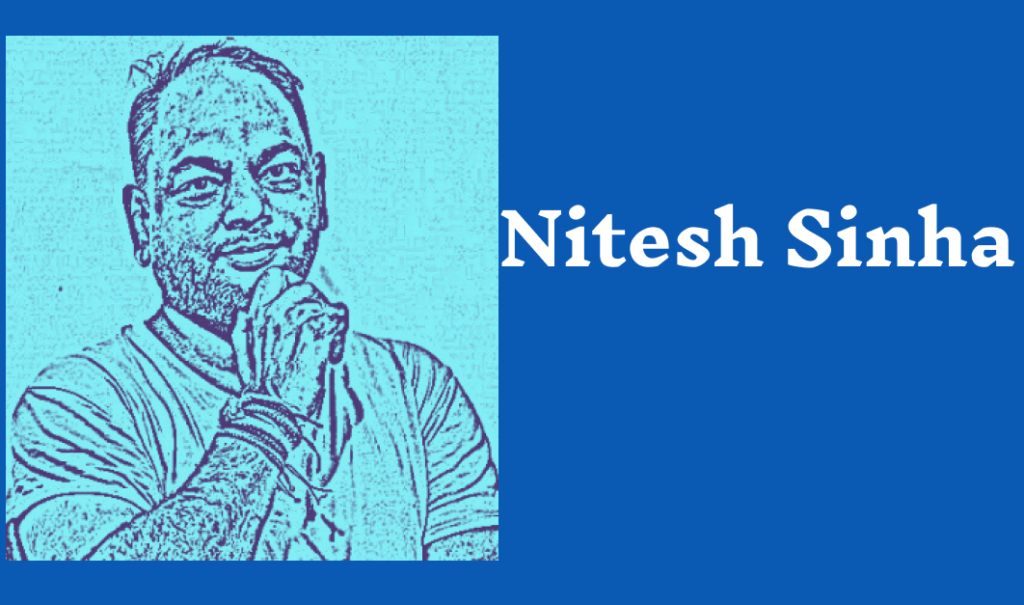
YouTube Channel Link

